The laws governing the rights of LGBTQ+ people vary across regions and countries.
You might live in a country with progressive laws that promote equality, but the LGBTQ+ people in your life may very likely face discrimination, harassment, and even violence.
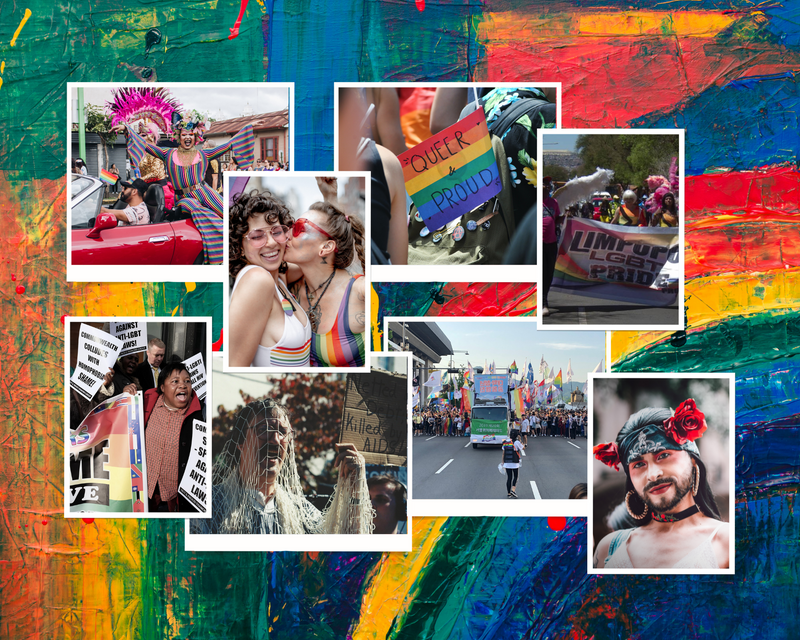
Top (Left to Right): Pride Parade San Jose, Costa Rica 2018. Pride Parade, New York, USA 2019. Pride Parade in Geneva, Switzerland 2019. Soweto Pride, Limpopo, South Africa 2012.
Bottom (Left to Right): Protest for LGBTQI+ equality outside Commonwealth Secretariat Headquarters, London, England 2015. ACT-UP AIDS Demonstration at Capitol Hill, USA 2000. Seoul Queer Pride Parade, Korea, 2019. Pride Parade, Mexico City, Mexico 2020.
Progress
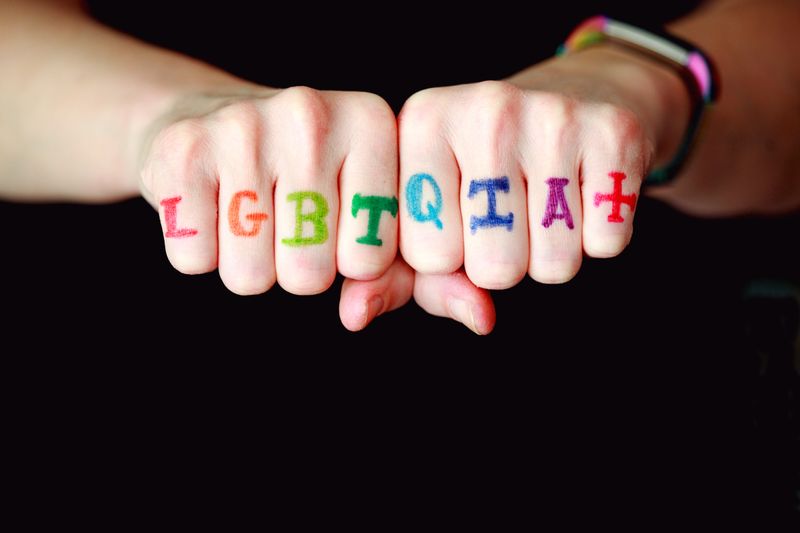 Photo by Sharon McCutcheon on Unsplash
Photo by Sharon McCutcheon on UnsplashIn many countries, LGBTQ+ advocates have successfully fought:
For equal rights for queer people.
Against laws barring same-sex relationships.
Against discrimination in finance, housing, employment, etc.
However, the laws created to promote equality for LGBTQ+ people are only one measure of the social and culture acceptance and treatment that each person gets in each country.
Discrimination Still Happens
Healthcare
Medical prejudice and discriminatory government health policy
Medical abuse — poor HIV and AIDS treatment, lack of gender affirming surgery, and conversion therapy
Social scapegoating
Hate speech
Seen as a threat to "traditional" family by some religious and conservative groups
Blamed for social, economic, and political problems
Economic Discrimination
Job discrimination
Housing discrimination
Homeless and poverty
Legal Discrimination
Anti-gay/anti-trans policies
Violence against LGBTQ+ people ignored or downplayed by the state
Mental Health
Bullying
School discrimination
Social exclusion
Erasure
Silencing activists
Legal attacks
Forced exile
Things To Remember
Different LGBTQ+ people can have different experiences in the same country.
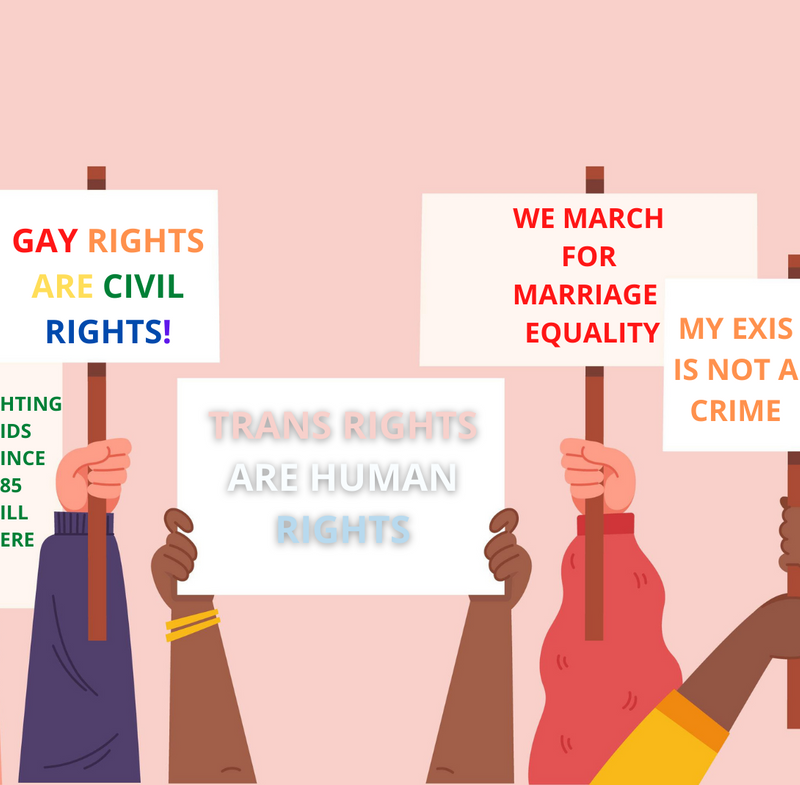
Laws ≠ Equality
Marriage equality and anti-discrimination laws don't always mean acceptance.
LGBTQ+ individuals face different levels of discrimination in these "equal" societies.
Social & Cultural Acceptance Vary
Avoid labeling countries as "best" and "worst" for LGBTQ+ people.
Even in "good" countries, LGBTQ+ people suffer from community violence and exclusion.
What Can I Do To Advance LGBTQ+ Rights?
The thought of getting involved can be scary, regardless if you're an ally or a part of the community. You can choose what type of role you want to play and how involved you want to be.
Do...
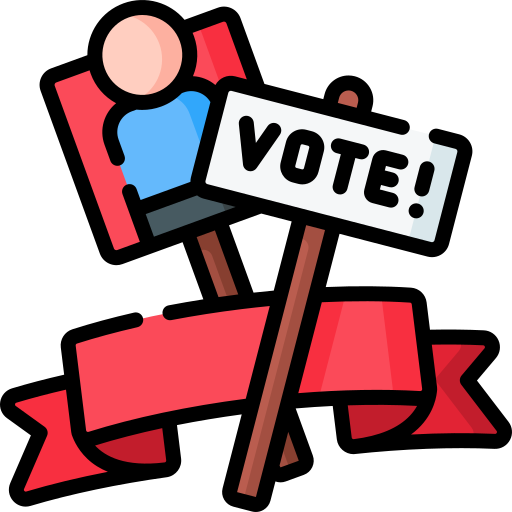
Accept LGBTQ+ friends and family for who they are
Vote for politicians with a track record of positive LGBTQ+ work
Donate to LGBTQ+ organizations
Join an LGBTQ+ social group
Take a vocal stand against discrimination
Promote non-discriminatory policies at work or school
Don't...
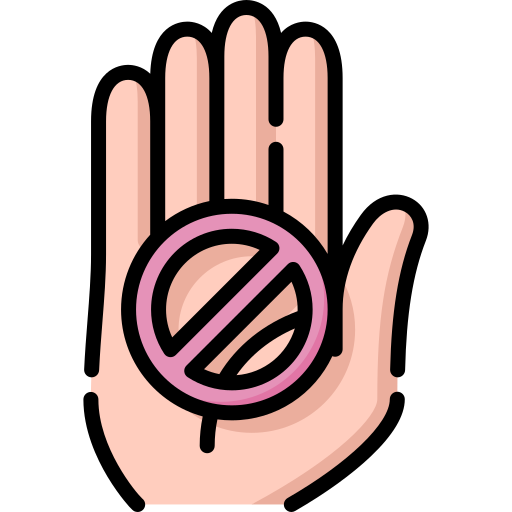
Expect LGBTQ+ friends and family to educate you about their identities
Out LGBTQ+ friends or family to anyone
Ask unsolicited questions about a person's sex, gender expression, or sexuality
Use anti-LGBTQ+ language as jokes or insults
Ignore bias, discrimination, or prejudice against LGBTQ+ people
Scenario: Guilia's High School
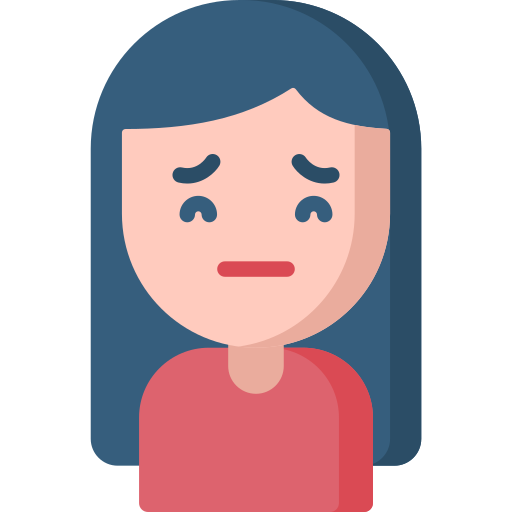
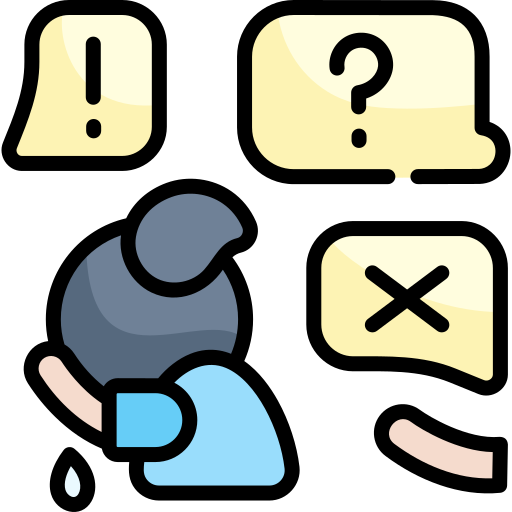
Giulia attends a high school that's known to be unfriendly towards LGBTQ+ people. Many of her LGBTQ+ friends are regularly bullied by other students. She really doesn't like to see this happen and wants to do something about it.
How can Giulia support LGBTQ youth in her high school?
A. Ask her LGBTQ+ friends if she can start a school support group for LGBTQ+ students
B. Tell her school's principal exactly which of her LGBTQ+ friends are being harassed
C. Offer to help her friends report the bullying
D. Remain silent and wait for her teachers to deal with the bullying
Quiz
What can Giulia do to support LGBTQ+ students at her school?
Take Action
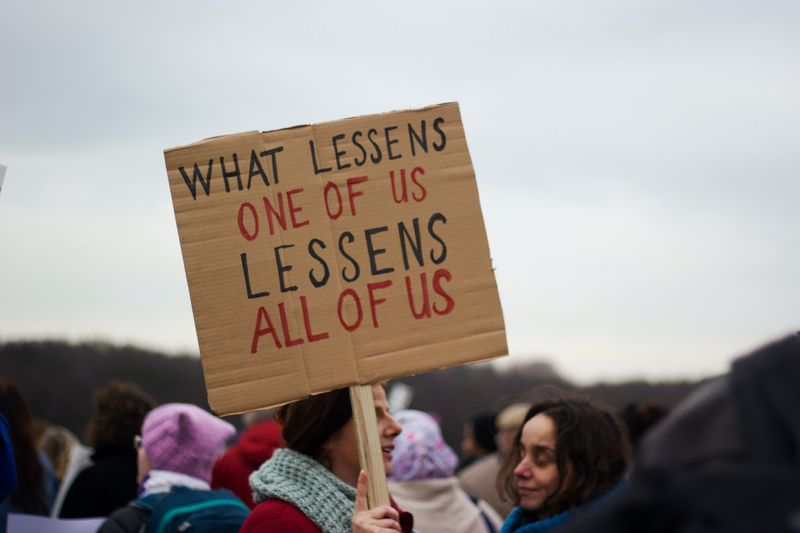 Photo by Micheile Henderson on Unsplash
Photo by Micheile Henderson on UnsplashFight to keep the advances made in LGBTQ+ rights and strive to go even further!
Your feedback matters to us.
This Byte helped me better understand the topic.
